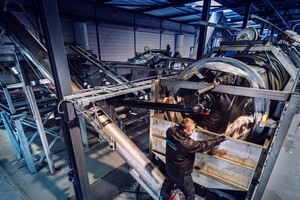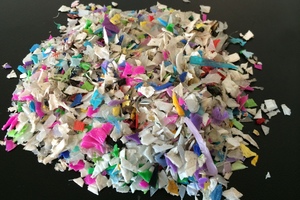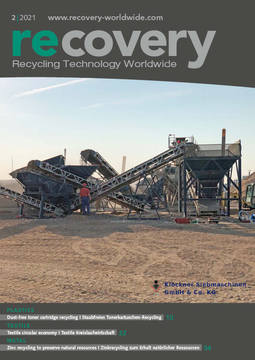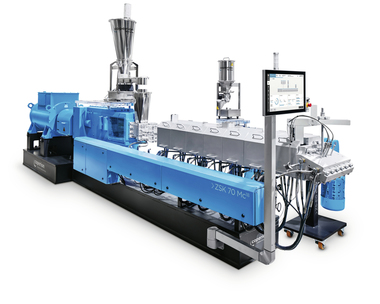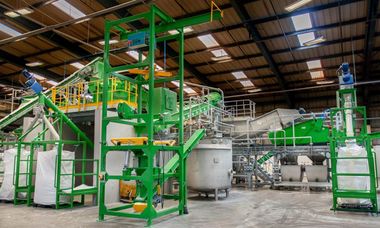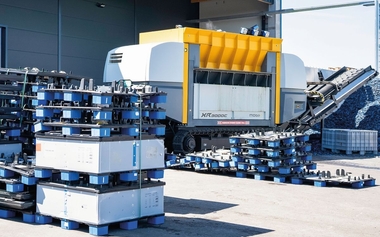Bilfinger and Umincorp sign letter of intent for plastic recycling facilities
Industrial services provider Bilfinger and recycling tech company Umincorp have signed a letter of intent for a long-term EPC (engineering, procurement and construction) partnership. The aim is to jointly realize several plastic recycling facilities based on Umincorp’s new, unique and patented Magnetic Density Separation (MDS) technology. The Umincorp MDS recycling process has a 40 % higher recovery of plastics and a 10 % higher output quality than currently used recycling processes. After the successful commissioning of the first industrial-scale MDS recycling facility in Amsterdam, Bilfinger will now support Umincorp in standardizing their plant concept for international expansion.
The first project of Bilfinger and Umincorp will likely be a second facility in the Netherlands that is currently being developed. The joint project could be the foundation of the international expansion, establishing best practices for the design, engineering, procurement and collaboration with local suppliers. For example, installing pre-fabricated equipment modules instead of many separate pieces of equipment in the recycling facilities could help speed up their construction.
Bilfinger convinced Umincorp with their partnership approach: Bilfinger will team up with Umincorp to ensure the realization of all new facilities is within budget, time and the desired recycling quality through the correct application of their MDS technology. To achieve this, Bilfinger will utilize the capabilities of the equipment vendors and local partners as much as possible. The EPC partnership will enable Umincorp to focus on project initiation, R&D and operation. Based on the standardization approach, Bilfinger will continuously work on improving CAPEX and OPEX of the facilities.
Yearly, around 300 million tons of plastics are produced on earth, representing a raw material value of more than US$ 100 billion. Most of it is used for less than 15 minutes, as a large part of all plastics is related to packaging. After usage, around 30 % of the plastic ends up in rivers and oceans – the equivalent of one garbage truck full of plastic each minute. Around 10 % of the plastic waste is incinerated and 40 % is landfilled. 20 % is collected for recycling, but this is more downcycling, as only 5 % of the recycled plastic really flows back into the economy as new raw material due to the low recovery and the poor output quality. Umincorp’s disruptive plastic recycling technology recovers 40 % more plastics and the output has such a high purity that it can be used for packaging again.

